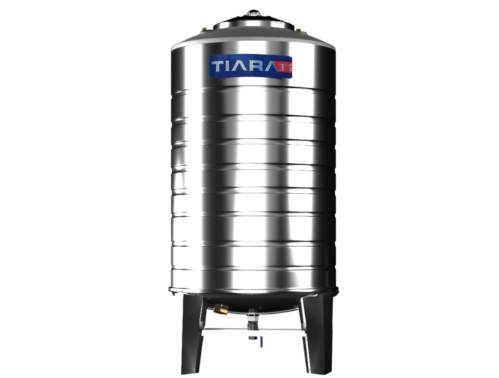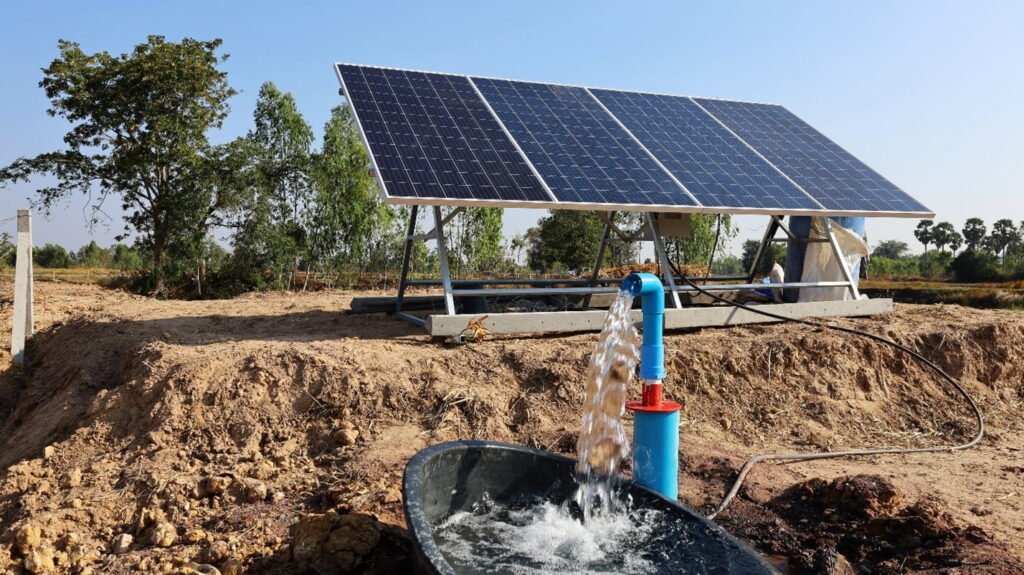
Future water storage technology
Introduction:
As India continues to grapple with water scarcity and resource management challenges, the future of water storage holds significant promise. Advances in technology and emerging trends are poised to revolutionize how water is stored, conserved, and utilized across the country. Here’s a look at some of the key trends and innovations shaping the future of water storage in India.
future trends and technological advancements in water storage:
Smart Water Storage Solutions
The integration of smart technology into water storage systems is set to transform how we manage water resources. Smart water tanks equipped with sensors and IoT (Internet of Things) technology can monitor water levels, detect leaks, and even manage water distribution in real-time. These systems offer data-driven insights that can help optimize water usage, reduce waste, and ensure more efficient water management. For example, smart tanks can alert users about maintenance needs or adjust water usage based on demand patterns.
Advanced Water Filtration and Purification
Innovations in water filtration and purification technologies are crucial for improving the quality of stored water. Advanced filtration systems, such as those using nanotechnology or UV-C light, can enhance the safety and purity of stored water by removing contaminants more effectively. These technologies can be integrated into water storage tanks to ensure that the water remains clean and safe for consumption, addressing issues related to waterborne diseases and contamination.
Rainwater Harvesting Systems
Rainwater harvesting is gaining momentum as a sustainable solution for augmenting water supply. Modern rainwater harvesting systems are becoming more efficient, with improved designs for collection, storage, and filtration. Innovations in this field include modular storage tanks that can be easily installed and scaled, as well as advanced filtration systems that ensure the harvested rainwater is suitable for various uses. In urban areas, integrating these systems with green roofs and permeable pavements can enhance water collection and reduce runoff.
Water-Efficient Materials and Designs
The development of new materials and designs for water storage tanks is contributing to more efficient and durable solutions. For instance, advanced composite materials that are resistant to corrosion and temperature fluctuations are increasingly being used. Additionally, design innovations such as double-walled tanks with insulation can help maintain water temperature and prevent algae growth. These improvements extend the lifespan of storage tanks and reduce the need for frequent maintenance.
Decentralized Water Storage Systems
Decentralized water storage solutions are becoming more popular as they offer flexibility and resilience in water management. Instead of relying on a single large storage facility, decentralized systems distribute water storage across multiple smaller units. This approach not only enhances water availability but also reduces the risk of supply disruptions due to localized issues. For example, community-based water storage solutions or small-scale tanks for individual households can provide more reliable access to water.

Solar-Powered Water Storage
Solar energy is being harnessed to power water storage and distribution systems. Solar-powered water pumps and heating systems can be integrated with storage tanks to improve water access in remote or off-grid areas. This technology reduces dependence on conventional energy sources and supports sustainable water management practices. Solar energy can also be used to power smart monitoring systems, enhancing the efficiency of water storage and usage.
Bio-Based Water Storage Solutions
There is growing interest in bio-based and eco-friendly materials for water storage. Innovations in this area include the development of biodegradable storage tanks and materials derived from natural sources. These solutions aim to reduce environmental impact and provide sustainable alternatives to traditional plastic or metal tanks. Bio-based materials can also be designed to offer similar durability and functionality as conventional options.
Integration with Urban Infrastructure
Integrating water storage systems with urban infrastructure is a key trend for future development. Smart cities are exploring ways to combine water storage with other infrastructure elements, such as stormwater management systems and urban green spaces. For example, water storage tanks can be incorporated into building designs or public spaces to capture and store rainwater, reducing the burden on municipal water systems and enhancing urban resilience.
Data Analytics and Predictive Maintenance
The use of data analytics and predictive maintenance is revolutionizing water storage management. Advanced analytics can predict water demand, identify potential issues before they occur, and optimize maintenance schedules. Predictive maintenance tools use historical data and real-time monitoring to anticipate problems such as leaks or structural failures, enabling timely interventions and reducing downtime.
Community-Driven Initiatives
Community-driven water storage initiatives are gaining traction as they empower local populations to take control of their water resources. These initiatives often involve the development of community-based storage solutions and participatory management practices. By involving residents in the planning and maintenance of water storage systems, these initiatives foster greater engagement and ensure that solutions are tailored to local needs.
Conclusion:
The future of water storage in India is marked by a convergence of technological advancements and innovative practices aimed at addressing the country’s water challenges. From smart technology and advanced filtration systems to decentralized solutions and eco-friendly materials, these trends and innovations offer promising pathways to more efficient, sustainable, and resilient water management. As India continues to navigate its water scarcity issues, embracing these emerging technologies and practices will be crucial for securing a reliable and safe water supply for the future.


